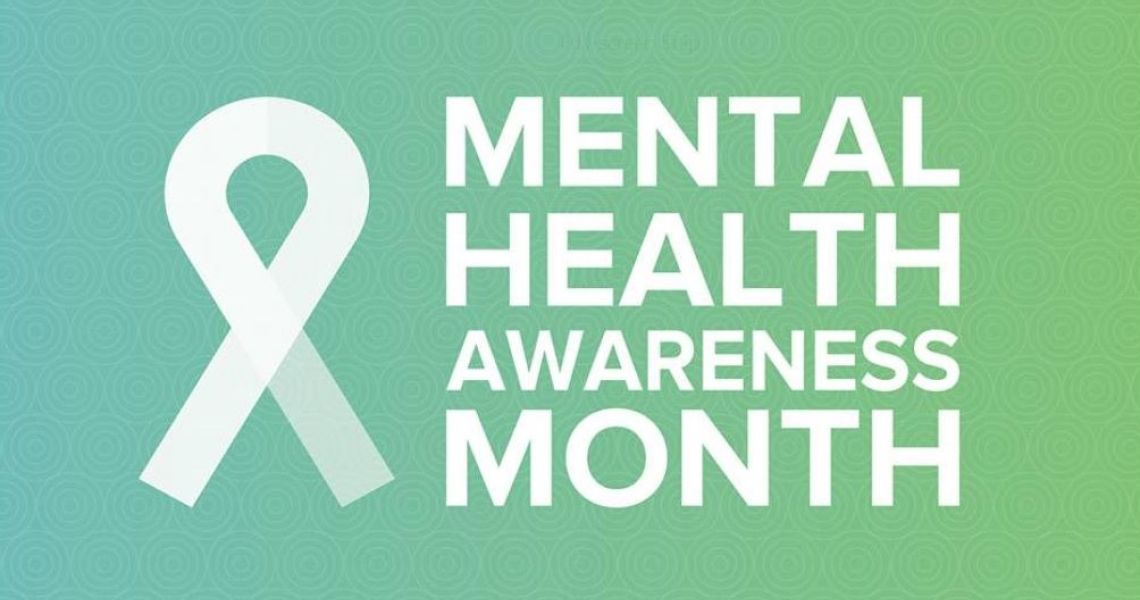Did you know that around half of Americans will meet the criteria for a diagnosable mental health condition at some point in their life (Mental Health America, 2022)? Everyone should know what to look for and have the support they need to grow and thrive.
Often, there is no one single cause for a mental health condition; many possible risk factors can influence how likely a person is to experience challenges or how serious the symptoms may be.
Some risk factors for mental health conditions include:
- Genetics and family history
- Brain biochemistry
- Trauma (acute or chronic)
- Environment and how it impacts your health and quality of life (safe place to live, financial stability, healthcare access)
- Habits and lifestyle (sleep, nutrition, physical activity)
- Lack of self care in daily practice (are you managing your stress?)
- Substance use habits
- Available support systems (having close relationships, people you can
trust)
Making sense of these risk factors and seeing the whole picture could be more difficult when it comes to your mental health. Take time to ask yourself about your thoughts, feelings, and behaviors. Is there is a pattern that may need more investigation and could indicate you need support from a mental health
professional?
Here are some questions to ask yourself:
- Have things that used to feel easy started feeling difficult?
- Does the idea of getting out of bed, doing daily tasks, and focusing on work now feel really hard?
- Have your sleeping patterns changed (sleeping too much or too little)?
- Have your dietary patterns changed (eating more or less than usual)?
- Do you feel it is becoming harder to control your emotions? (Feeling highly irritable and frustrated, lashing out at people you care about)
- Are you experiencing thoughts of feeling trapped, that there is no way out, or are you feeling isolated or lonely?
- Have you experienced a lack of interest in your hobbies and favorite activities recently?
- Are you noticing difficulties forming and/or maintaining social relationships, or have you felt like a burden to your friends or family?
- Has your academic or occupational achievement changed, or have you seen a lack of motivation in studying and preparing for important work events?
- Have you noticed a decrease in your physical movement or spending time outside?
- Do you feel like you have support around you (whether at school, at work, at home) and people you can trust to talk to?
- Are you struggling to find a sense of belonging in your personal life?
It may be hard to talk about your challenges, but simply acknowledging that you’re struggling is a really big step.
If you are concerned about your mental health, the Resiliency and Well-Being Center is here to help you navigate difficult questions, find answers and resources. Reach out to us and schedule time to talk to our multidisciplinary team of health professionals.
Viktoriya Karakcheyeva, MD, MS, NCC, LCPC-SP, LCADAS, is the GW Resiliency & Well-being Center's associate director and behavioral services director. She is adjunct faculty in the Department of Clinical Research & Leadership in the GW School of Medicine & Health Sciences.
- Additional Resources
